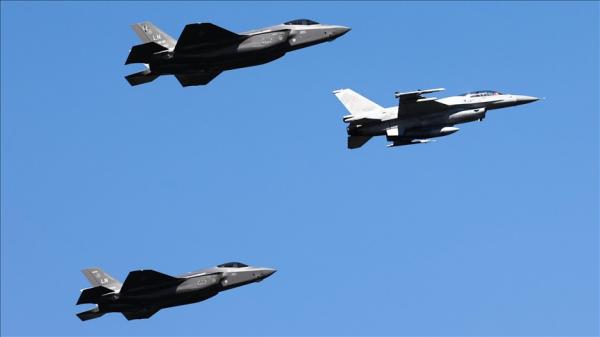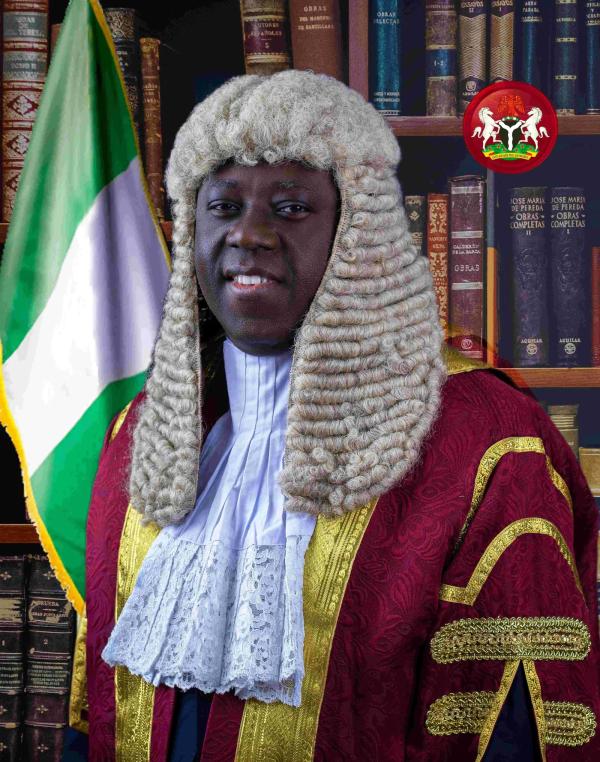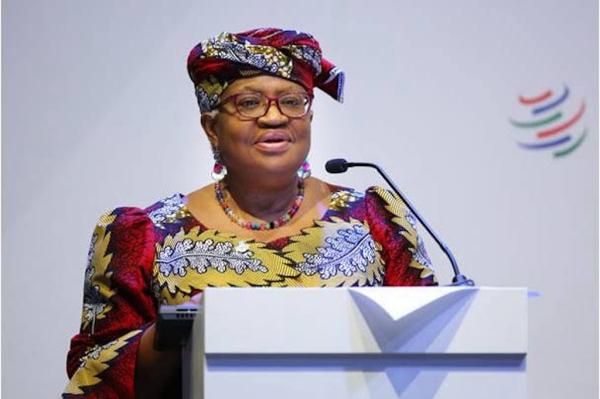
Poland’s foreign minister, Radoslaw Sikorski, has called on NATO allies to consider imposing a limited no-fly zone over Ukraine in response to repeated Russian drone incursions into Polish airspace.
The proposal comes after Russian drones crossed into Poland last Wednesday, prompting NATO jets and air defenses to intercept and shoot them down. While the drones were unarmed, the incident raised fresh concerns about the safety of civilians in border areas. Firefighters were seen repairing homes in Wyryki, Poland, after debris from the drones caused damage.
Sikorski, speaking to Germany’s Frankfurter Allgemeine, said NATO’s involvement would not only protect Polish territory but also reduce risks for civilians.
“Protection for our population – for example, from falling debris – would naturally be greater if we could combat drones and other flying objects beyond our national territory,” he explained.
He added that if Ukraine were to formally request assistance, NATO could consider intercepting drones in Ukrainian airspace.
“If you ask me personally, we should consider it,” Sikorski said.
The idea of a Ukrainian no-fly zone is not new. In 2022, Ukrainian President Volodymyr Zelensky pushed for such measures early in Russia’s invasion, but NATO members, including the U.S., rejected it over fears of a direct clash with Russian combat aircraft that could escalate the war. Sikorski’s latest suggestion, however, appears more limited – focused specifically on drones approaching NATO borders.
Poland’s interior ministry confirmed that 16 drones were detected across the country during last week’s incursion. Polish and Dutch fighter jets, supported by Italian, German, and other NATO multinational forces, took part in the defense operation.
In response, NATO launched “Eastern Sentry,” a joint mission to bolster air defense over Poland. On Monday, the UK Ministry of Defence announced that Royal Air Force jets would join the mission, stressing Britain’s “unshakeable” commitment to defending NATO territory.
The Russian defense ministry denied targeting Poland, insisting its drones have a maximum range of 700 kilometers (435 miles) and were only aimed at Ukrainian sites. Moscow claimed that if drones crossed into Poland, it was either by accident or impossible under the specifications of its equipment.
The tension did not stop at Poland. Just days later, Romania scrambled fighter jets after a Russian drone breached its airspace on Saturday, underscoring the growing regional risks of drone warfare spilling across NATO borders.
Sikorski’s remarks highlight a delicate balancing act for NATO – weighing the need to protect its members while avoiding direct escalation with Moscow. Whether allies will back Poland’s call for a restricted no-fly zone remains uncertain, but the recent incidents show that the conflict in Ukraine is increasingly testing NATO’s eastern defenses.






















